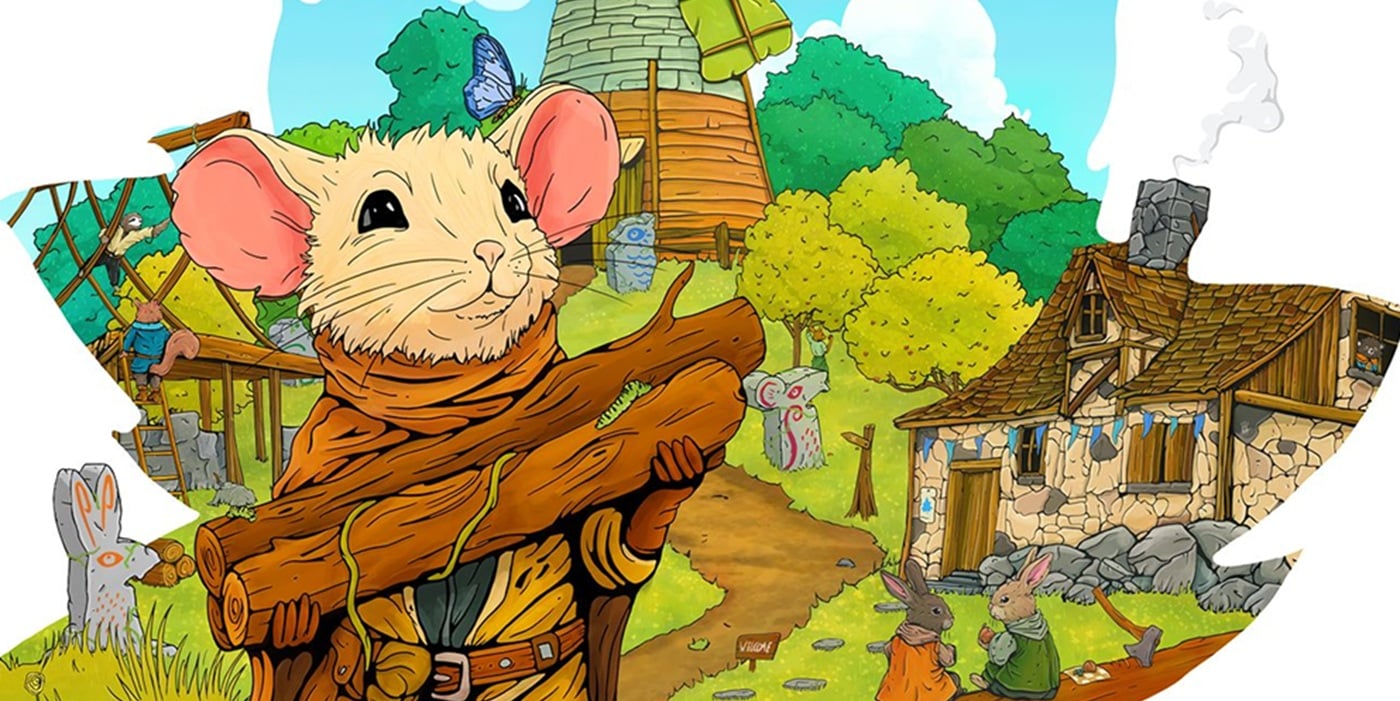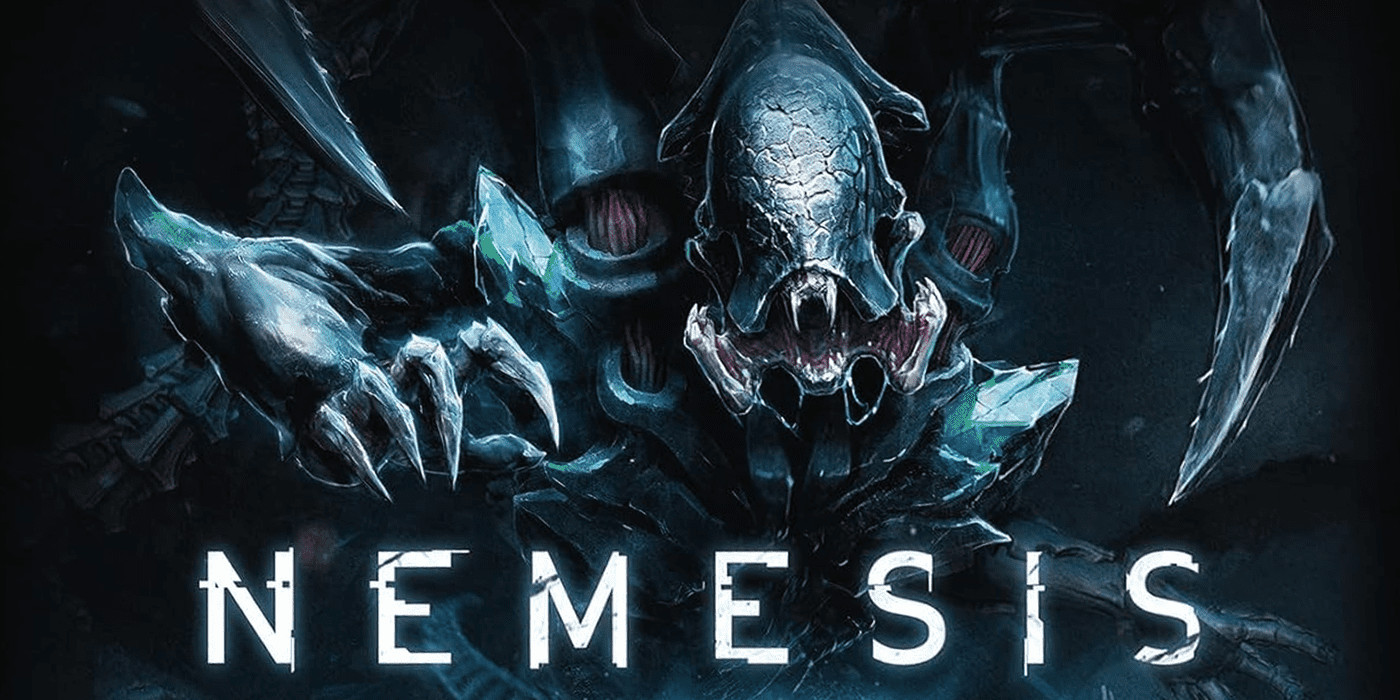‘Emberleaf’: The Cozy Board Game That Lets You Rebuild a Home in the Ancient Forest

In Emberleaf you’re a brave little Emberling, clearing the woods of dangers and rebuilding your home in the ancient forest.
In Emberleaf you will explore the wilderness, gather resources, clear dangers, and rebuild your home in the ancient forest. What you decide to do now will alter the destiny of your people, and it’s your job to guide your village to hippieness and prosperity. But there is limited space in the forest, and you’re competing with other Emberlings who have plans of their own.
| Quick Guide | |
|---|---|
| Mechanics | Card dancing, Tile placement |
| Players | 1-5 Players, Ages 14+ |
| Playing Time | 90-120 minutes |
| Similar Games | Lanternia, Beyond the Map |
| Publisher | The City of Games |
Emberleaf Overview
Designed by James Tomblin and Frank West and published by The City of Games, Emberleaf is a game that got it start on Kickstarter. The campaign earned £295,221 on a £26,000 campaign goal with 3,893 unique backers. It was described as a “card-dancing and engine-building” game filled with beautiful art and an opportunity for players to make deep and meaningful decisions. And Emberleaf has delivered.
In Emberleaf, players take on the role of brave Emberlings—or, cute little forest critters in adventuring clothing. The Emberlings want to rebuild their forest home and win the hearts of their people. And they do this by making good decisions, clearing dangers, giving your villagers homes, and scoring points.

How to Play Emberleaf
In Emberleaf, the players’ goal is to rebuild the forest, win hearts, and recruit the best Emberlings into their fellowship. This can be done in a number of ways. To start, players chose one of their available fellowship decks, each with six heroes. The core actions include playing a hero card, activating a card’s skills, or sliding every card on their fellowship board.

Characters can also walk around the forest, positioning themselves for various actions, gathering supplies and resources, or using those resources to construct buildings for other Emberlings to move into and call home. Players will also need to use some of their skills to attack enemies and clear parts of the forest of dangers and collect favor cards and attempt to complete their objectives.
Your Emberling will earn points by completing favors, clearing danger, connecting buildings, homing villagers, and advancing their war-banner track. The game ends when the forest is rebuilt and/or enough dangers are cleared. The Emberling with the most points wins.
Emberleaf also introduces a unique mechanic called “card-dancing” that rewards strategy and timing in card placement. Players will place their cards on the board for status and to activate skills, slide the cards for additional skills and to trigger combos, and eventually let their cards drop off of the bard, activating even more drop-off skills. Good timing can lead to powerful bonuses.
Should I Buy This Game?
Emberleaf is great. It’s beautiful and easy to learn and play, but it doesn’t feel like a no-effort game. Your strategy and choices matter, so you can’t phone it in. The card-dancing mechanic is fun and unique, but intuitive and not overly complex. If you’re open to a game that is going to take up all of your table space during a play-through, Emberleaf could be a lovely addition to your board game shelf.






